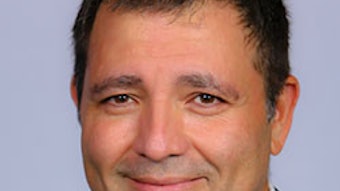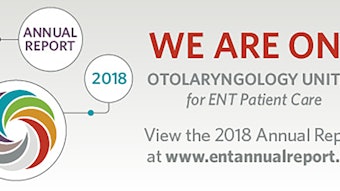Looking ahead: State advocacy in 2019
Just as real estate agents say housing depends on “location, location, location,” your state of residence dictates the laws and regulations governing your practice of medicine. And, importantly, these laws and regulations vary from state to state. However, legislative trends, emanating from bellwether states (such as CA, FL, and NY), are often considered by other states and brought before their legislature for adoption.
Just as real estate agents say housing depends on “location, location, location,” your state of residence dictates the laws and regulations governing your practice of medicine. And, importantly, these laws and regulations vary from state to state. However, legislative trends, emanating from bellwether states (such as CA, FL, and NY), are often considered by other states and brought before their legislature for adoption.

At the same time, there are also external and internal forces that may influence a state’s legislative agenda. Following the mid-term elections, there will be 27 Republican governors and 23 Democrat governors. On the legislative front, there were more than 6,000 elections for state legislative seats. In 2019, almost every state will have single-party control in the legislature, with the exception of Minnesota. Overall, Republicans will hold 31 state legislatures and Democrats will control 18.
As for those states with “trifectas” – one party in control of the governor’s seat and both legislative chambers – the tally is 14 for Democrats and 23 for Republicans.
The AAO-HNS anticipates a busy 2019, as all 50 states will be in session compared to only 46 states convening in 2018. And, the total number of state bills projected to be considered in 2019 is more than 165,000. Given the above-mentioned changes due to the elections, the following issues of interest to the specialty might see action in 2019:
- Health plans: Narrow networks, high deductibles, medical necessity, formularies, and prior authorization
- Pharmacy/pharmaceuticals: PBMs, step therapy, pricing, and cost sharing
- Maintenance of Certification: Challenges to established Boards, such as ABMS
- Scope of Practice: Audiologists, speech-language pathologists, hearing aid dealers, chiropractors, nurses, and physician assistants
- Hearing Care: Hearing aid sales/dispensing, LEAD-K, balance disorders
- Newborn Hearing Screening: Program updates, funding, CMV
- Licensure Compacts: Medical, audiology-speech pathology
- Medical Liability Reform: Affidavits of merit, caps, expert witnesses, defensive medicine issues
These are just a few of the topics we expect state legislatures to tackle in 2019. The initial wave of state legislative sessions opens during the first week of January. If you are interested in joining the 140+ physician volunteers who serve as State Trackers for the specialty, please contact legstate@entnet.org. It will be an active year and a great learning opportunity!








